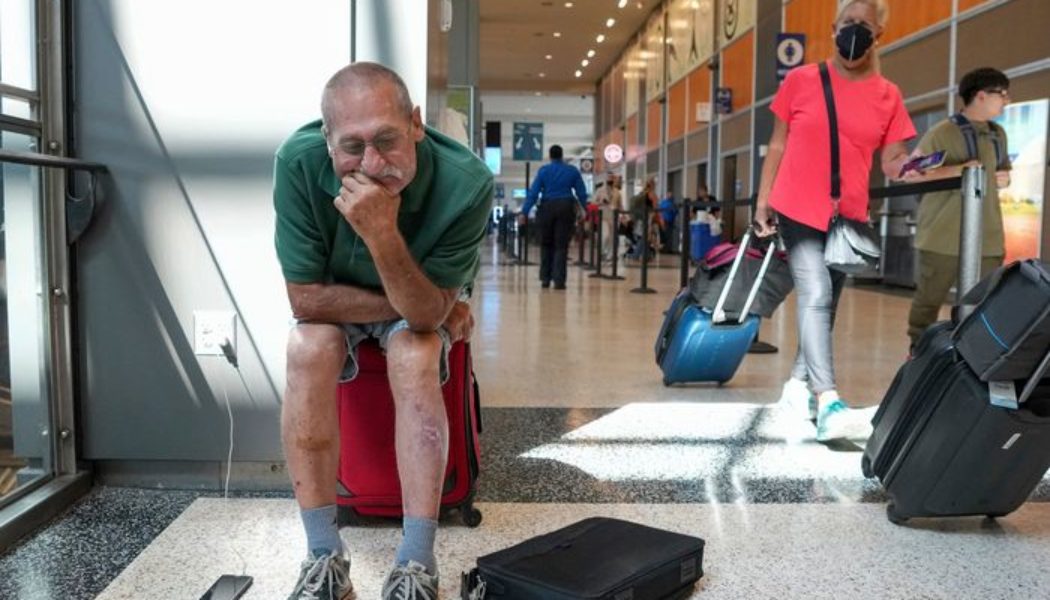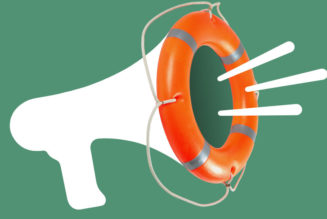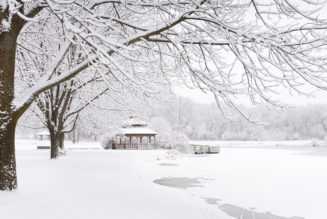Complaints about air travel have nearly quadrupled compared with prepandemic levels after waves of cancellations, delays and lost baggage disrupted the travel plans of millions of fliers.
Travelers lodged 60,732 complaints from January 2022 to November, according to a new report by U.S. PIRG Education Fund, a public-interest research group which examined U.S. Department of Transportation data. The complaints targeted U.S. and foreign airlines, third-party booking sites, travel agents and others.
While the number of complaints from December isn’t available yet, the figures through November 2022 still far exceeded the 15,342 filed by travelers in 2019, according to the report. Last December, airlines canceled thousands of flights, likely adding to the tally of complaints.
Teresa Murray, author of the report, said gripes about cancellations, delays and missed connections drove the increase in complaints. Airlines offered unrealistic flight schedules in 2022 that they were often unable to meet, forcing airlines to cancel or delay thousands of flights, Ms. Murray said.
“All of the airlines are doing a really lousy job of scheduling,” Ms. Murray said.
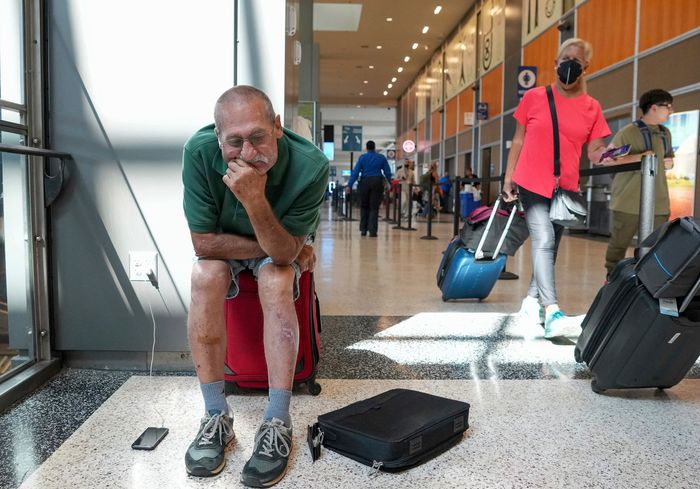
About 181,000 flights were scrapped by the largest U.S. airlines in 2022, according to the report.
Photo: Jay Janner/Associated Press
Difficulties getting refunds were the top complaints in 2022, according to the report. Flight problems, including delays and cancellations, were second. Lost, damaged or pilfered luggage was the third-most common complaint.
The rise in airline complaints comes after air travel rebounded from 2020 but remains below prepandemic levels. There were nearly 800 million travelers on flights in 2022, according to the DOT. In 2020, when many travelers canceled plans due to the pandemic, there were about 322 million passengers, compared with about 887 million in 2019.
When more travelers signaled they were ready to get back on planes in 2021, many airlines weren’t ready and faced staff shortages, Ms. Murray said. Airlines didn’t return to prepandemic levels of staffing until July 2022, according to the report. Pilot shortages continue to hamper the industry, she said.
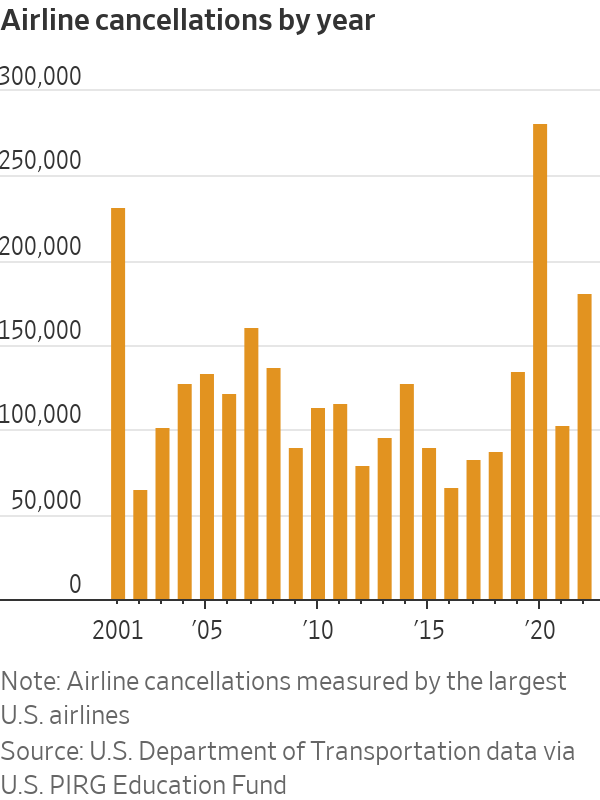
U.S. airline executives said they expect the solid demand for air travel will continue in 2023 with business travel lagging behind a bit.
Cancellations were a major headache for travelers in 2022 with about 181,000 flights scrapped by the largest U.S. airlines, according to the report. Only 2001, following the 9/11 attacks, and 2020, the start of the pandemic, had more flight cancellations over the past two decades, according to the report.
Flight delays also went up in 2022. On-time performance across the industry fell to 76.7% in 2022, compared with 81.1% in the previous year. That figure was 84.5% in 2020 and 79% in 2019.
Airlines for America, an association representing the U.S. airline industry, said U.S. airlines are operating 10% fewer flights this spring compared with 2019. U.S. carriers also beefed up staffing and employ 5% more pilots and 1% more flight attendants than they did at the end of 2019, it said.
“Our carriers have been working diligently to address operational challenges within our control by hiring additional staff and adjusting our schedules to improve reliability,” a spokesperson for Airlines for America said.
December was a particularly rough month for airlines. Southwest Airlines Co. canceled about 17,000 flights in December, about 15%, during its holiday meltdown.
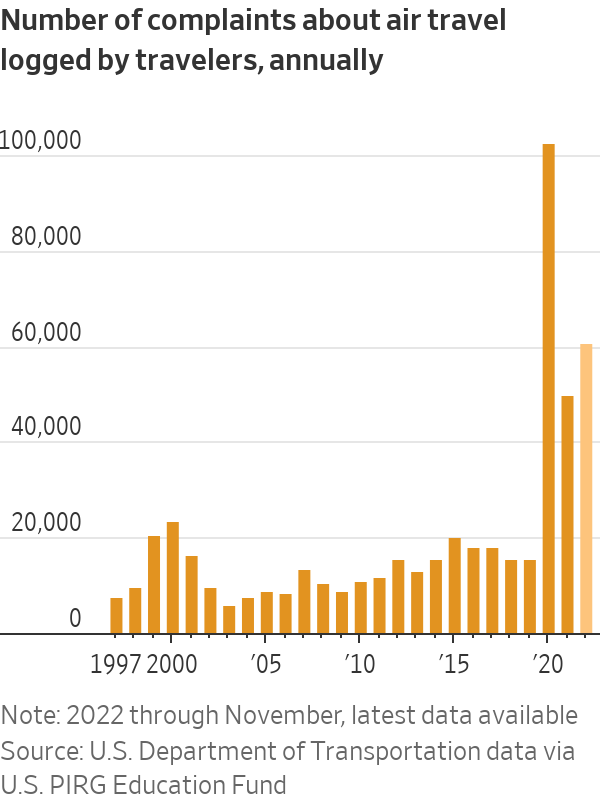
Elizabeth Ekman, a high-school teacher from San Jose, Calif., was one of the travelers ensnared by Southwest’s holiday debacle. Her early morning flight from Los Angeles to San Jose on Dec. 26 was canceled. She spent more than 12 hours at the airport waiting for a new flight, she said.
While she waited in the airport, she researched switching flights to another airport and on different airlines. She even considered taking a bus or rental car, she said. Her baggage, however, was sitting on a Southwest plane, complicating her plans to travel by other means, she said.
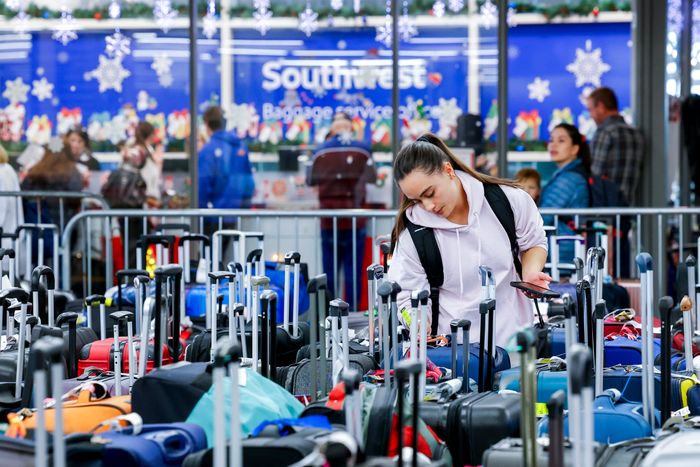
Lost, damaged or pilfered luggage was a common complaint, the report said.
Photo: Michael Ciaglo/Getty Images
“I haven’t seen “Planes, Trains and Automobiles” but that’s what I lived through,” said Ms. Ekman, 24 years old. Southwest cobbled together a crew to fly to San Jose at about 8 p.m. that evening and she flew home, she said.
Southwest said earlier this month that it has identified several solutions to manage the disruptions that caught it off guard late last year.
“We continue to offer our sincere apologies to those affected by the December operational disruption,” a Southwest spokesperson said. The company said it looks forward to “boosting our operational resiliency in the coming weeks and months.”
Regulators have also started pressing the airlines for changes. The DOT has proposed new regulations that would make it easier for fliers to get refunds, including requiring airlines to refund travelers if a flight’s departure or arrival time shifts by three hours or more for a domestic flight.
The Biden administration has also pushed for more transparency in flight pricing and wants to have fees more clearly explained.
Austin Martin, who owns a charter sailing company, said he was flying back to John F. Kennedy International Airport from Saint Martin on a JetBlue Airways Corp. flight in December when he encountered delays due to mechanical problems on his plane.
His flight was eventually canceled, and JetBlue offered a voucher for a hotel, he said. But after waiting for a half-hour, Mr. Martin never found a JetBlue staffer with vouchers, so he paid for his own hotel and departed the next day on another flight, he said.
JetBlue noted in a statement that it had one of the highest percentages of completed flights during Christmas and New Year’s and didn’t cancel any flights during the Thanksgiving travel period. The airline also said it has an unusually large amount of flights through the northeast, which it described as the most congested airspace in the U.S.
Mr. Martin said air travel now is filled with more hassles compared with prepandemic travel. Airlines appear to be overbooking more, and staffing issues that lead to delays seem more common, he said.
“It seems more disorganized on a lot of levels,” said Mr. Martin, 42, from Westport, Conn.
Write to Joseph De Avila at joseph.deavila@wsj.com
